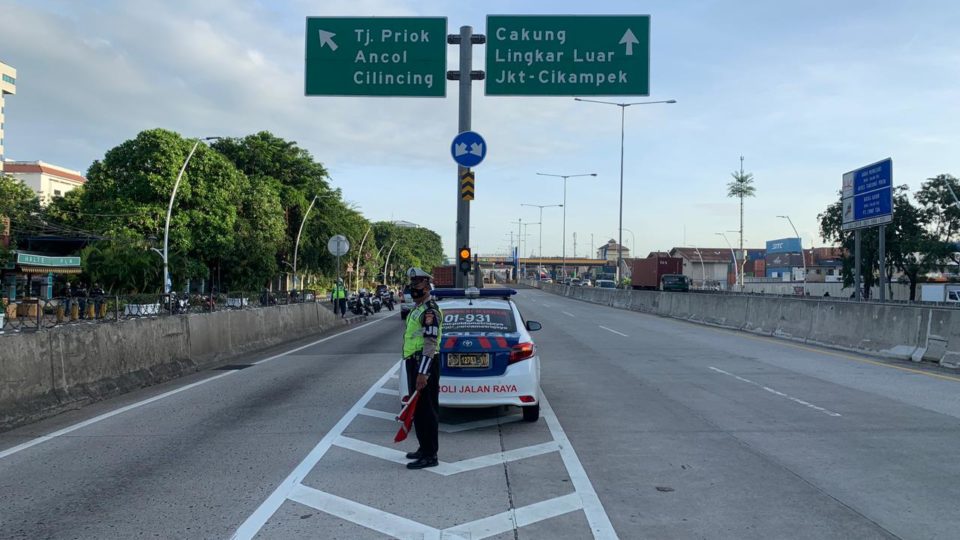Indonesia will again ban the annual homecoming exodus tradition known locally as mudik this year, the country’s Coordinating Human Development and Culture minister announced today.
“There will still be one collective leave day for Eid al-Fitr, but any mudik activity is prohibited. Social aid will be distributed,” Muhadjir said, adding that the official restriction will be issued by the Transportation Ministry and the National Police.
Mudik, which coincides with the Eid al-Fitr holiday, sees around 30 million Indonesians visiting their hometowns annually before the pandemic. This year’s Eid holiday is expected to fall on May 13 and 14, with a collective leave day scheduled for May 12.
Today’s announcement effectively reversed what Transportation Minister Budi Karya Sumadi said on March 16, who said then that mudik will not be banned this year despite the ongoing pandemic.
Muhadjir said that the decision to ban the annual exodus is based on instructions from President Joko Widodo this week, citing potential risks to COVID-19 transmission.
“The mechanism for mobility of people and goods will be regulated by relevant ministries and institutions. For religious activities to welcome Ramadan, it will be regulated by the Religious Affairs Ministry in consultation with religious organizations,” he explained.
The minister said that the ban will go into force from May 6 to 17, and it is strongly advised that citizens do not travel out of their respective regions prior and after the mudik ban period.
After some initial reluctance, President Joko Widodo last year banned mudik for the Eid holiday in May with Indonesia two months into officially reporting its first COVID-19 cases. Even so, millions still left for their hometowns, especially before the ban came in effect.
Before last year’s Eid holiday, Indonesia recorded hundreds of daily new cases. The daily count shot beyond the 1,000 cases mark a couple of weeks after Eid, which was partly attributed to mudik.
The government has repeatedly reduced the number of public holidays to discourage people from traveling throughout the pandemic. Nonetheless, Indonesia has regularly recorded huge case spikes following major holidays, with the highest spikes in particular of more than 10,000 cases per day coming after the Christmas and New Year holidays.




